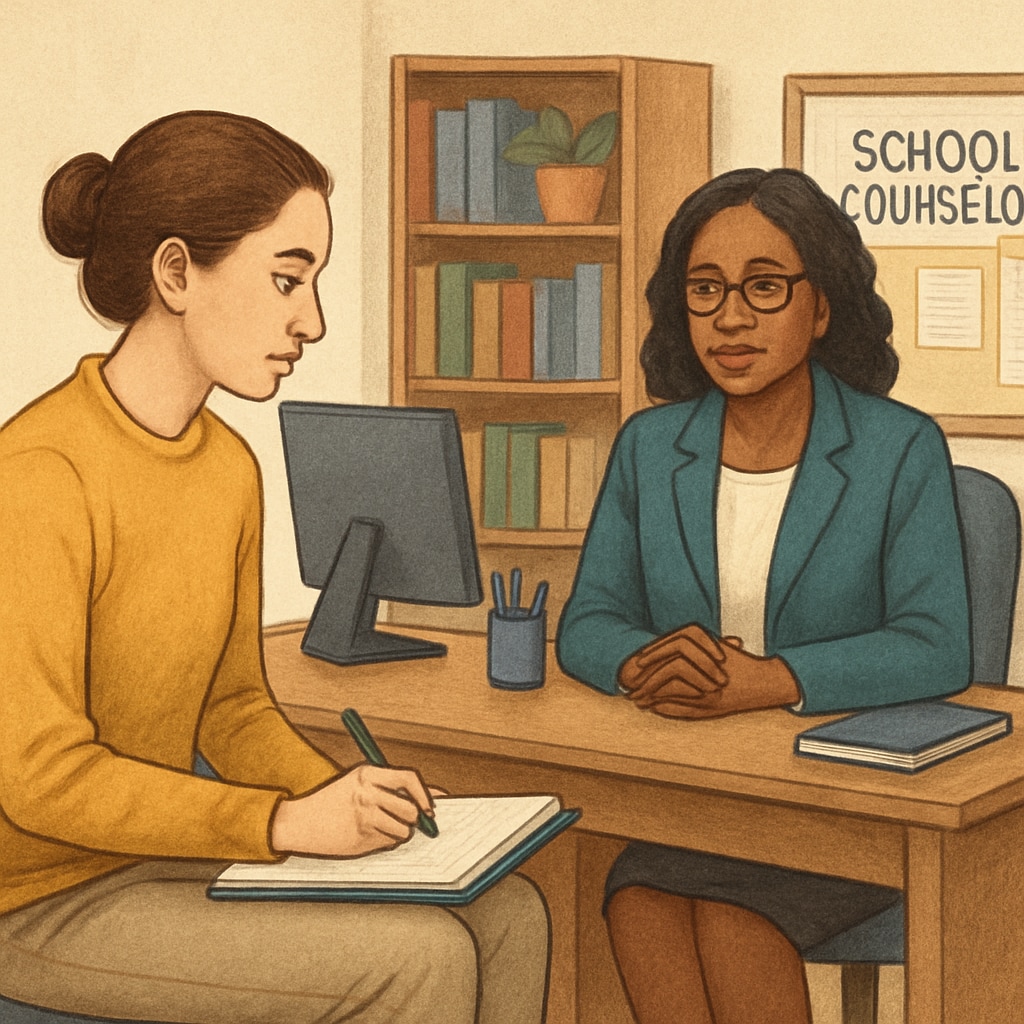Interviewing school counselors is a critical step for graduate students in school counseling programs. It provides firsthand insights into the daily responsibilities, challenges, and strategies employed by professionals in the field. By understanding how to find and approach counselors for interviews, you can transform these conversations into valuable resources for your career. This article explores the importance of such interviews and offers actionable tips to enhance your professional journey.
Why Interviewing School Counselors is Essential
School counselors play an integral role in the educational system, addressing students’ academic, emotional, and social needs. For graduate students pursuing a career in school counseling, interviews offer a unique opportunity to:
- Gain practical insights into real-world challenges and solutions.
- Understand the diverse roles counselors play in different school environments.
- Build connections that could lead to mentorship or future opportunities.
Moreover, these interviews provide a platform to bridge the gap between theoretical knowledge and practical application, helping you develop a deeper understanding of the profession.

How to Find and Approach School Counselors
Finding the right school counselors to interview can seem daunting, but with the right strategies, it becomes manageable. Here are some steps to guide you:
1. Utilize Your Network
Start by reaching out to your professors, classmates, or alumni for recommendations. Many graduate programs have established relationships with schools, making it easier to connect with professionals in the field.
2. Contact Schools Directly
If personal connections are unavailable, consider reaching out to local middle and high schools. Draft a professional email explaining your background, the purpose of the interview, and the expected time commitment. Be respectful of their busy schedules and flexible with your availability.
3. Engage on Professional Platforms
Platforms like LinkedIn can be invaluable for connecting with school counselors. Join relevant groups and participate in discussions to build rapport before making your request.
Remember, the key to successfully approaching counselors is clear communication and professionalism. Always express gratitude for their time and willingness to share their experiences.
Preparing for the Interview
Preparation is crucial to make the most of your interview. Here’s how to get ready:
- Research the school and counselor’s background to tailor your questions.
- Create a list of thoughtful, open-ended questions covering topics like daily responsibilities, challenges, and advice for aspiring counselors.
- Practice active listening skills to ensure a meaningful and engaging conversation.
By being well-prepared, you demonstrate respect for the counselor’s expertise and maximize the value of the interview.

Turning Interviews into Professional Development
Once your interview is complete, it’s essential to reflect on and apply what you’ve learned. Here’s how to do it:
- Document Your Insights: Write a summary of key takeaways, including specific strategies or advice shared by the counselor.
- Incorporate Lessons into Assignments: Use the insights to enrich your coursework and projects, demonstrating a strong connection between theory and practice.
- Follow Up: Send a thank-you note expressing your appreciation. This small gesture strengthens your professional relationship and leaves a positive impression.
By taking these steps, you can transform a simple interview into a stepping stone for your career in school counseling.
Conclusion: Interviewing school counselors is more than just a program requirement—it’s an opportunity to build knowledge, skills, and professional relationships. By following the strategies outlined above, you can approach these interviews with confidence and turn them into a cornerstone of your career development.
Readability guidance: Short paragraphs, clear lists, and actionable advice ensure the content is easy to follow. Transition words such as “however,” “therefore,” and “in addition” enhance the flow of ideas.


